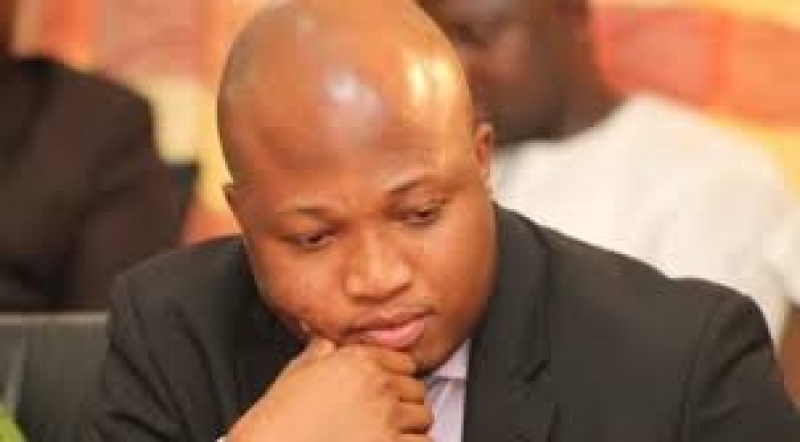It is too early for complaints from some members of the Appointments Committee of parliament regarding the posture of its chairman in the ongoing vetting of ministerial nominees, Dr Rasheed Draman, Executive Director of the Africa Centre for Parliamentary Affairs (ACPA), has said.
His comments follow a caution thrown at the leadership of the Appointments Committee of parliament by Samuel Okudzeto Ablakwa, Member of Parliament for North Tongu, against efforts to prevent members from asking ministerial nominees relevant questions when they appear before the committee for vetting.
Mr Ablawka told Class News: “It is important to note that previous Appointments Committees were allowed [to ask questions]. I served on the previous Appointments Committee, and some of the people today who are trying to mount barriers and erect barricades and are seeking to stifle proper scrutiny were on the other side and were allowed to go on and on. … This is in the interest of our country and we all should be allowed to ask the relevant questions and to probe the nominees and make sure that at the end of the day we get the best out of them and the best for the country.
“I want to give them (Chairman and Deputy Chair of the Appointments Committee) the benefit of the doubt. … They have not done this before and for Adwoa Safo (Deputy Chairperson of the committee) she has not been on the committee before so we forgive her trespasses.”
But speaking in an interview with Chief Jerry Forson, host of Ghana Yensom, on Accra100.5FM on Monday January 23, Dr Draman said: “For a committee to be effective in parliamentary business, the committee has to be not too big and not too small.
“In the UK for example, the parliament has about 600 members in the house and their Public Accounts Committee for instance has 14 members. Our Public Accounts Committee as well as other committees of parliament including the Appointments Committee, has 25 members. And over the years many have come to the realisation that a parliament has to be effective in its work delegated to a committee where generally you want people to work on the basis of their expertise, on the basis of consensus, and so you will need a number not too big to the extent that it becomes uneasy as we are having with our appointment committee now.”
He added: “What is more important is the independence of mind of the people who make up the committee. At the end of the day, you can have a chairman who might be objective [but] if the members of the committee are not independent-minded and are blindly following the orders of their party, then you will have a problem on your hand.
“I thought that we were coming out of a very interesting electoral kind of period in our history that anybody who has power or influence will be reminded of the fact that Ghanaians no longer are interested in these kinds of politicking.
“At the end of the day, people want to see the people that we voted for to lead us are discharging their duties in a way that shows that they are committed to Ghana first and not any political party. And I think it is too early to be hearing these complaints [from the committee.]”
Source: Ghana/AccraFM.com

































